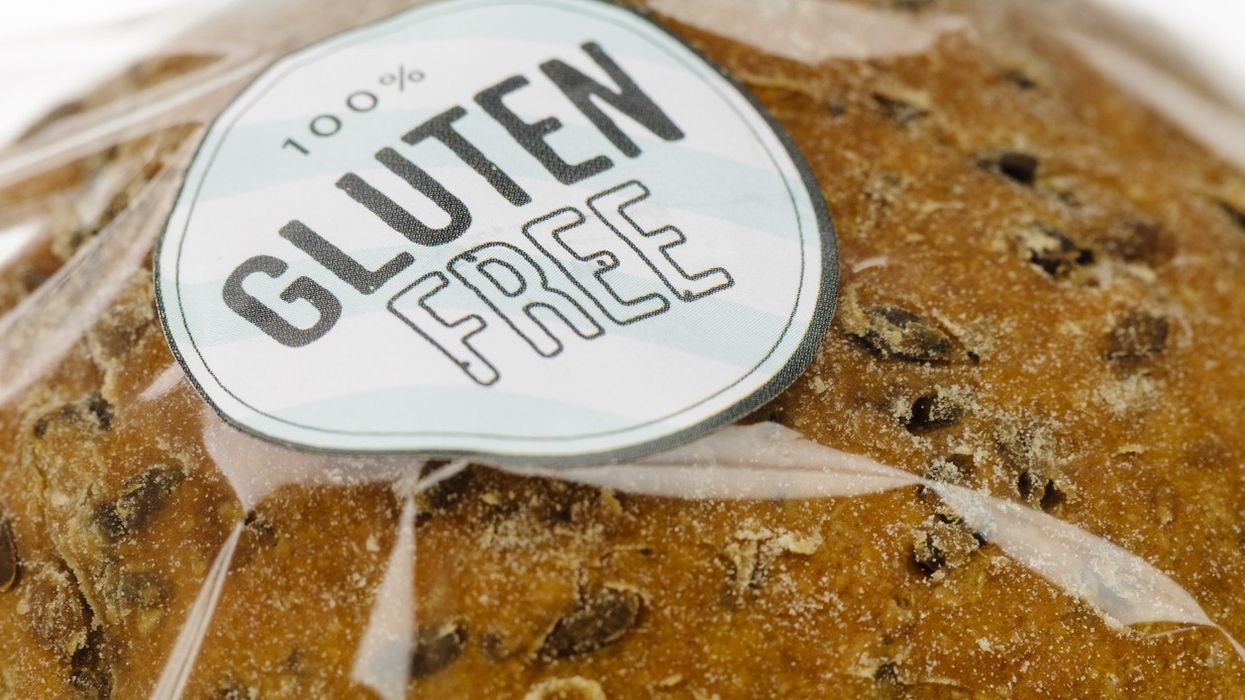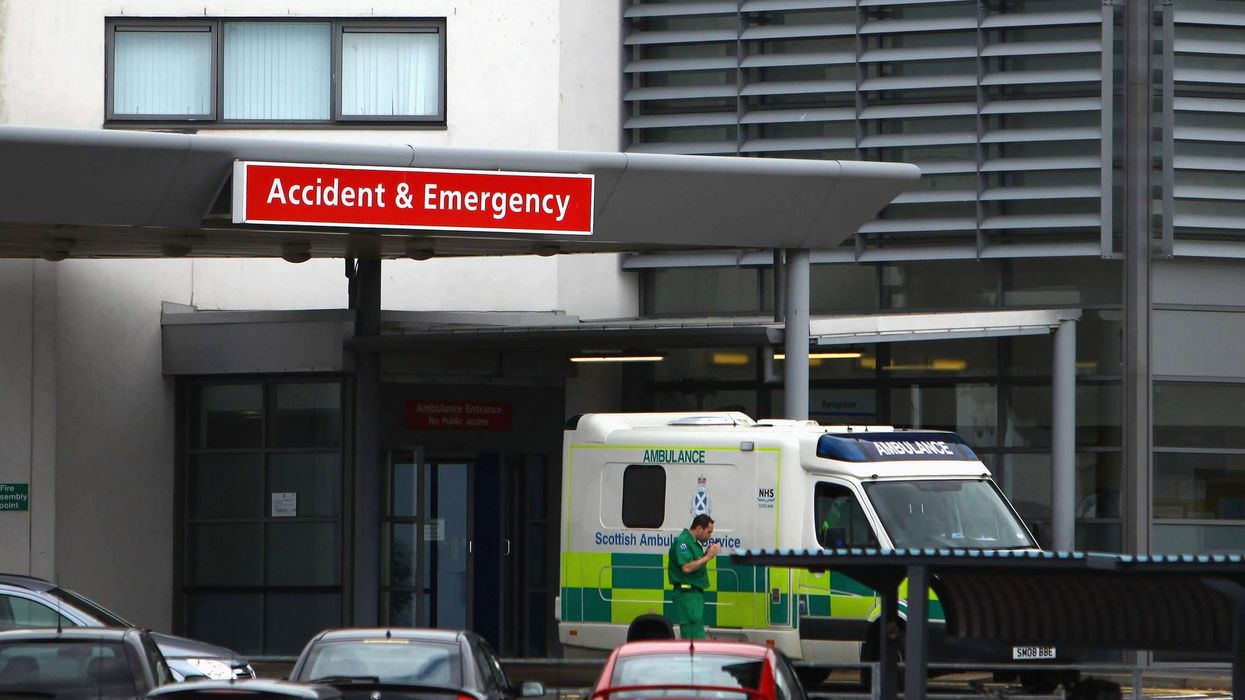Coeliac UK has raised grave concerns about the decision by NHS Leicester, Leicestershire and Rutland Integrated Care Board (ICB) to withdraw gluten free prescriptions for people with a diagnosis of coeliac disease and its potential impact on their health.
The charity highlighted the significant additional cost of gluten free staple substitute products, which poses a real challenge to maintaining the gluten free diet, the only treatment for the condition.
Coeliac UK noted that 72 per cent of respondents to a recent public consultation disagreed with the ICB’s proposal to stop gluten free prescribing, and said it is “deeply concerned” by the potential impact of the decision to proceed with removal of provision.
The charity accused the ICB of making no meaningful effort to reduce the impact of this policy change for those on low incomes, despite the additional cost of gluten free food being highlighted by 58 per cent of those who disagreed with the proposal.
“These changes remove a much-needed lifeline for those with coeliac disease at a time when the cost of living crisis is hitting people with coeliac disease particularly hard,” Tristan Humphreys, head of advocacy at Coeliac UK, said.
“Our own research has shown that those on a budget are paying on average six times as much for the cheapest loaf they need to stay healthy. As we explained to the ICB, it is not as simple as switching bread and flour for rice and potatoes. Gluten free substitute foods are important for both practical reasons and for their nutritional contribution to the diet.”

Humphreys said the ICB’s plan to phase out gluten free prescribing by the end of January 2025 allows little time to prepare or adapt to this significant additional financial burden.
“Failure to support people with coeliac disease risks them developing serious long-term conditions down the line, the cost of which overshadows that of gluten free prescriptions. There is a complete lack of mitigation from the ICB for those affected by the additional costs of this decision, and we have grave concerns this decision will have a detrimental impact on the coeliac community across Leicestershire and Rutland, particularly those on low incomes,” he added.
Coeliac disease is a serious autoimmune condition, affecting around 1 in a 100 people. Symptoms are wide ranging but can include bloating, stomach cramps, vomiting, diarrhoea and tiredness. Extra intestinal issues can be very diverse and include anaemia, low bone density, skin rashes, recurrent mouth ulcers, loss of balance, sensory symptoms, anxiety and depression. When a person with coeliac disease eats gluten, even a crumb, it can cause debilitating symptoms and in the long term can lead to development of associated conditions such as osteoporosis, neurological dysfunction, unexplained infertility, recurrent miscarriage and in rare cases even small bowel cancer.
Coeliac UK highlighted that the cost of providing gluten free prescriptions accounts for less than 0.07 per cent of prescribing spend in England and less than 0.01 per cent of the Leicester, Leicestershire and Rutland ICB’s annual budget. This is overshadowed by the cost of treating conditions resulting from non-adherence to the diet, the charity added.

Commenting, Dr Mohamed Shiha, gastroenterology registrar at University Hospitals of Leicester said: "As a clinician, I have seen firsthand how the increased cost of gluten free foods profoundly impacts patients with coeliac disease. For these people, a strict gluten free diet is not a lifestyle choice but the necessary treatment for a serious autoimmune condition. By not supporting patients to maintain their gluten free diet today, we risk paying a far higher price for treating associated conditions down the line. This is bad news for the NHS and devastating for the individual. It is therefore a real concern that the ICB is taking such a short-sighted and backwards step at the time of a cost of living crisis when patients need the support most.”
Following a 2017 Department of Health and Social Care review, gluten free prescriptions for people with coeliac disease in England were restricted to bread and flour mix only, recognising the important role these staples play in supporting adherence to the diet. It was left to local commissioners to decide whether to limit further than this or withdraw it altogether in line with their legal duty to reduce health inequalities. As such prescription policies differ across the country.
A 2024 Coeliac UK report revealed a weekly gluten free food shop can be as much as 35 per cent more expensive than a standard weekly food shop. A gluten free loaf of bread is on average 4.5 times more expensive than a standard gluten containing loaf gram for gram. There is even more disparity between the cheapest products, with the cheapest gluten free loaf of bread costing 6.1 times more than the cheapest gluten containing loaf, gram for gram.
The report also surveyed over 1,000 people on availability and cost of gluten free staple substitutes in supermarkets in store and online, finding that 77 per cent of respondents struggled to afford gluten free products and 72 per cent said shopping gluten free adversely affects their quality of life.
Contrary to the ICB’s claims, complete replacement of gluten containing staple foods is not easy and gluten free substitute foods are important for both practical reasons and for their nutritional contribution to the diet, Coeliac UK pointed out, urging the ICB to “look again at this policy and do the right thing, based on the evidence.”












